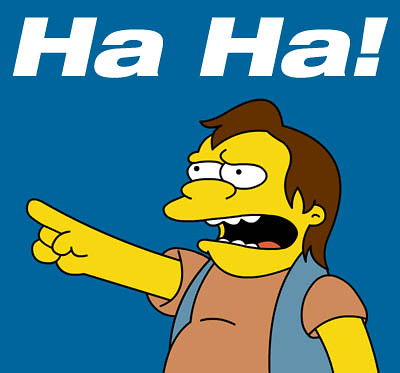Welcome to DU!
The truly grassroots left-of-center political community where regular people, not algorithms, drive the discussions and set the standards.
Join the community:
Create a free account
Support DU (and get rid of ads!):
Become a Star Member
Latest Breaking News
General Discussion
The DU Lounge
All Forums
Issue Forums
Culture Forums
Alliance Forums
Region Forums
Support Forums
Help & Search
Future of Transportation: Cities with Choices—and Less Parking

The one-size-fits-all, car-centric city is becoming a thing of the past, as evidenced by changes in Houston, Oklahoma City, and Charlotte, North Carolina, said panelists at the ULI Spring Meeting in Houston. More and more, transportation leaders treat transportation infrastructure as a real estate asset.
Cities still have cars, of course, but not every transportation decision is based on moving them as fast as possible. Innovations are popping up in surprising ways. City after city is figuring out how to make even small transportation improvements pay off big for economic development.
Yet, despite all the exciting changes, parking for those cars remains “the most difficult part to get right,” Danny Pleasant, director of the Charlotte Department of Transportation, said at the ULI Spring Meeting in Houston. Two linked sessions at the meeting tracked the speed of transportation changes in U.S. cities, including the thorny issue of parking.
Innovations discussed included the following:
* Imagine leaving your apartment in the morning and heading for your building’s transit lounge, where you sip coffee while keeping an eye on the big digital countdown display that tracks your train’s arrival, just steps outside. Buildings near Charlotte’s light-rail stations already provide this amenity, Pleasant said.
* Imagine shoppers for apartments and office space inquiring whether your development is certified as being served by high-frequency bus service. Houston’s Metropolitan Transit Authority of Harris County is designing a pilot program to provide such endorsement, according to Kurt Luhrsen, Metro’s vice president of service planning and transit system reimagining.
* Imagine a popular radio program during which a young couple talks about the ins and outs of living car-free and “car-lite” in your city. In Oklahoma City, such a program, Carless in OKC, airs on the local NPR station, said Ian Carlton, executive director of the Institute for Quality Communities at the University of Oklahoma.
For Charlotte, being a city of choices means light rail and streetcar lines, 176 miles (283 km) of bikeways, and $5 million in funding from a November 2014 bond referendum to start a 26-mile (42 km) cross-city pedestrian and bicycle trail. Even street design has payoffs. Pleasant sees Charlotte’s streets as community living rooms serving the city’s growing market for walkable urbanism. Streets need to be part of the land development package, he said. ................(more)
http://urbanland.uli.org/planning-design/future-transportation-cities-choices-less-parking/
InfoView thread info, including edit history
TrashPut this thread in your Trash Can (My DU » Trash Can)
BookmarkAdd this thread to your Bookmarks (My DU » Bookmarks)
2 replies, 1720 views
ShareGet links to this post and/or share on social media
AlertAlert this post for a rule violation
PowersThere are no powers you can use on this post
EditCannot edit other people's posts
ReplyReply to this post
EditCannot edit other people's posts
Rec (3)
ReplyReply to this post
2 replies
 = new reply since forum marked as read
Highlight:
NoneDon't highlight anything
5 newestHighlight 5 most recent replies
= new reply since forum marked as read
Highlight:
NoneDon't highlight anything
5 newestHighlight 5 most recent replies
Future of Transportation: Cities with Choices—and Less Parking (Original Post)
marmar
Jun 2015
OP
nxylas
(6,440 posts)1. Excuse me while I sip this glass of Joel Kotkin's tears
Kotkin, for those who don't know, is a pundit whose stock-in-trade is articles opposing the new urbanism, and claiming that people are deserting blue state cities with their godless communist ideas about limiting car use, in favor of sun belt cities where the people in charge know that sprawl and pollution are what made America great. Cities like Charlotte, Houston and Oklahoma City.

MisterP
(23,730 posts)2. plus, y'know, I think he's just plain stupid